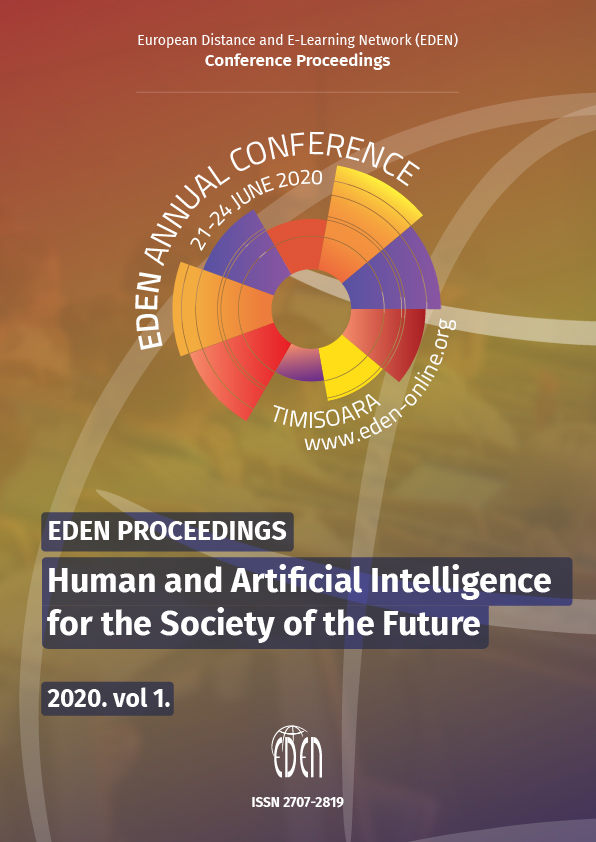Integrating Mini-MOOCs into Study Programs in Higher Education during COVID-19. Five Pilot Case Studies in Context of the Open Virtual Mobility Project
Integrating Mini-MOOCs into Study Programs in Higher Education during COVID-19. Five Pilot Case Studies in Context of the Open Virtual Mobility Project
Author(s): Ilona Buchem, Francesca Amenduni, Diana Andone, Gemma TurSubject(s): Social Sciences, Education, Higher Education
Published by: European Distance and E-Learning Network
Keywords: Technology-Enhanced Learning; Collaborative Learning; Open Learning and Education; Digital Competences; Digital Education;
Summary/Abstract: This paper describes five different pilot case studies which show how mini-MOOCs were integrated into study programs in higher education during COVID-19. The pilot case studies were conducted in five different countries (Germany, Italy, Spain, Romania and Slovenia) in the first quarter of 2020 as part of the Open Virtual Mobility project. Open Virtual Mobility project (OpenVM) is a three year (2017-2020) strategic partnership for innovation and the exchange of good practices founded by the European Erasmus+ program of the European Commission. One of the key outcomes of the Open Virtual Mobility project is the Open Virtual Mobility Learning Hub (OpenVM Learning Hub), an online learning environment for the development, assessment and recognition of virtual mobility skills in higher education. The OpenVM Learning Hub hosts a set of eight mini-MOOCs, each dedicated to a specific competency cluster. Based on small-scale pilots at the universities in the five countries, this paper describes the design of OpenVM mini-MOOC, spotlights different educational approaches for integrating MOOCs into study programs during COVID-19 and highlights diverse objectives, attitudes and expectations of educators who piloted the integration of the mini-MOOCs during the pandemic. The paper explores differences in integration of traditional MOOCs and mini-MOOCs and concludes with recommendations for embedding mini-MOOCs into academic programs in view of rapid (digital) transformations in higher education such as the one caused by COVID-19.
Journal: European Distance and E-Learning Network (EDEN) Conference Proceedings
- Issue Year: 2020
- Issue No: 1
- Page Range: 299-310
- Page Count: 12
- Language: English

